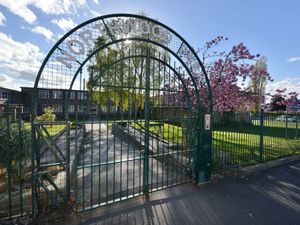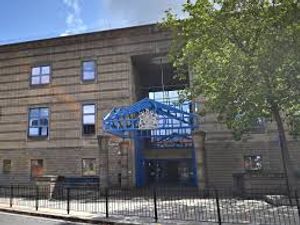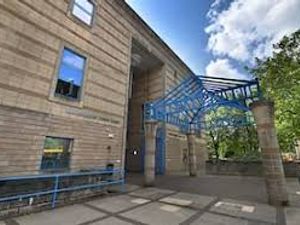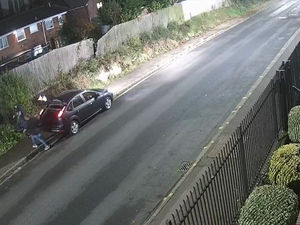Council house repairs to leave a bill of £3.2m
Sagging roofs have been discovered at hundreds of council homes in Wolverhampton, posing a £3.2 million repair bill for taxpayers.

Sagging roofs have been discovered at hundreds of council homes in Wolverhampton, posing a £3.2 million repair bill for taxpayers.
It emerged today as many as 390 houses in Bushbury and Low Hill are in need of fixing. It comes as £20m is also set to be spent by Wolverhampton City Council repairing extensions on at least 263 of its homes in Low Hill. The extensions, called "pods" were made in the 1970s and 80s to help provide internal toilets and bathrooms on a total of 374 homes.
Of those 111 have since been bought under right to buy and a decision is still to be made on whether or not to fund repairs to those now privately owned.
Kate Hughes, spokeswoman for Wolverhampton Homes, which manages the city's council housing stock, said today: "As part of on-going improvements to Wolverhampton City Council housing, some homes in Low Hill and Bushbury need structural repairs to their roofs, where they are sagging.
"It is believed that approximately 390 tenants' homes need to have the repairs, although this number may be reduced following more detailed inspection.
"The work is estimated to cost £3.2m in total. Ten homes have already had the work and the remaining homes will have it over the next two years."
Work on the pods is due to begin in the new year.
Councillor Peter Bilson, the local authority's deputy leader, said: "We have developed a pilot project for affected properties and this will start in the new year.
"There will be eight properties in this pilot and we will test different construction methods on the three different types of extension that occur across the entire project area.
"This project will enable us to determine the full extent of the works that will be required to rectify defective extensions.
"A full evaluation of this pilot project will take place and this will consider a number of factors, including the level of disruption to householders."
Possible solutions include the pods either being knocked down and rebuilt in brick or encased in a new timber framed building.





